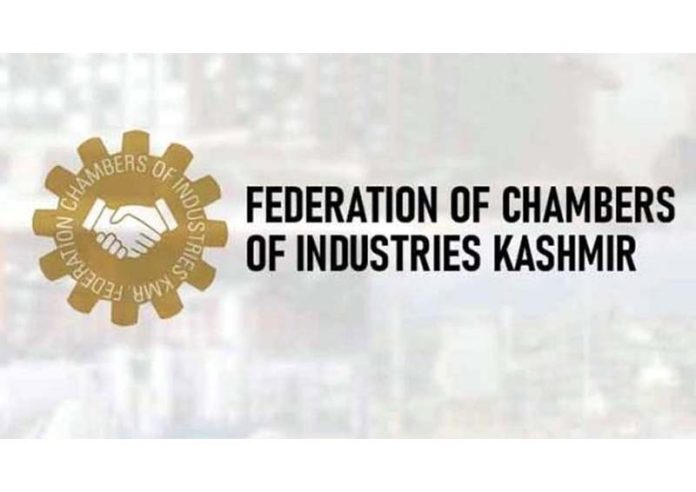Excelsior Correspondent
SRINAGAR, Oct 17: The Federation of Chambers of Industries Kashmir (FCIK) has expressed optimism that the new Government will bring much-needed revitalization to the industrial sector in Jammu and Kashmir, which has faced significant challenges for over a decade.
In an Advisory Committee meeting chaired by FCIK President Shahid Kamili, members voiced concerns over the precarious state of local industries, emphasizing that many enterprises were on the brink of collapse due to neglect and indifference.
“The formation of the new Government has rekindled optimism among industrial stakeholders, who believe that prioritizing the revival and empowerment of the industrial landscape was now essential for fostering growth and sustainability,” a statement issued by the FCIK said.
The FCIK has called on the Government to engage in urgent consultations with stakeholders to tackle pressing issues affecting local industries. “Members recalled that many critical challenges faced by various industrial segments were successfully resolved during Omar Abdullah’s first tenure from 2009 to 2014”, it said.
“Thousands of wood-based industrial units in J&K, located within 8 kilometers of designated forests, faced closure due to orders from the Supreme Court. However, thanks to the prudent planning and decisions of Omar Abdullah, these units were subsequently regularized, reflecting the Government’s commitment and the successful resolution of the case in their favour.”
The members also highlighted how, during that period, the inclusion of the FCIK President in two Prime Ministerial Committees helped address the issues of MSMEs and rising unemployment.
While hailing the decision of Omar Abdullah Government to involve stakeholders in crucial decision making process, the members expressed concern that local chambers had now been largely excluded from important boards and committees.
FCIK members have also informed the new Government that the industrial sector was currently contending with multiple challenges that needed immediate attention. The confusion stemming from the simultaneous application of three different industrial policies was highlighted, with members calling for a unified, comprehensive policy that consolidated all incentives from Central and UT Government schemes.
Trending Now
E-Paper


